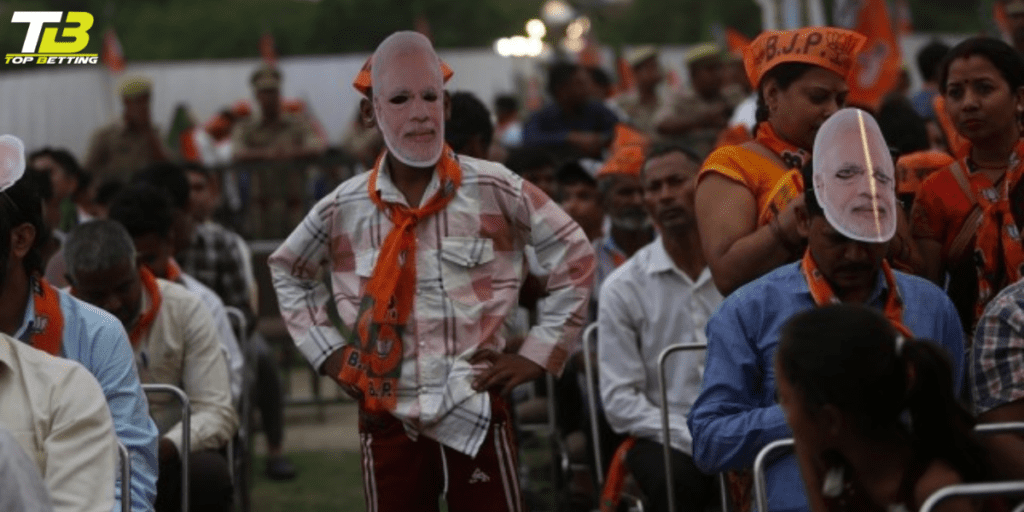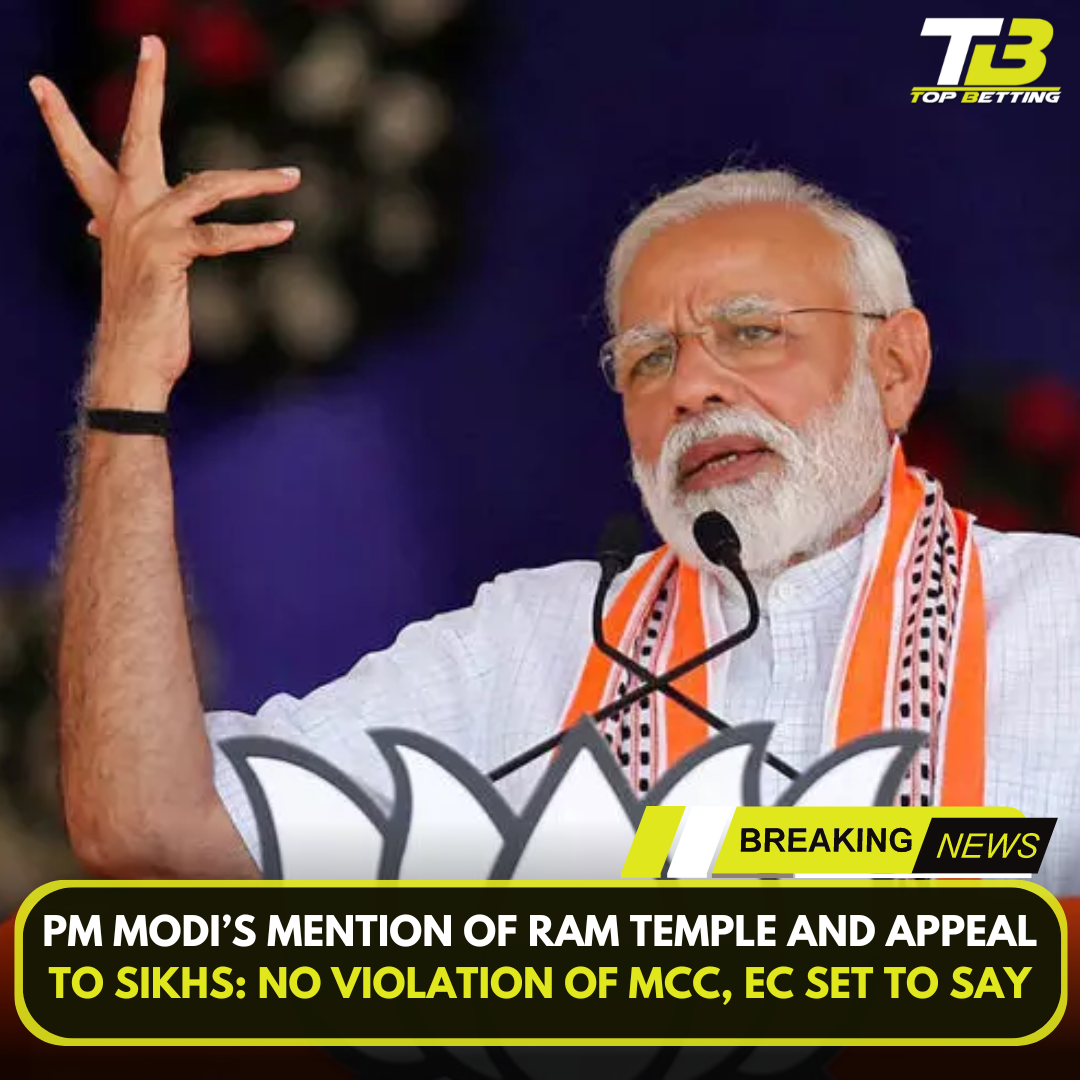
PM Modi Mention of Ram Temple and Appeal to Sikhs
In a recent election rally, Prime Minister Narendra Modi made a reference to the construction of the Ram Temple, along with an appeal to Sikh voters. This has raised questions about potential violations of the Model Code of Conduct (MCC) set by the Election Commission (EC). However, it has been reported that the EC has found no violation of the MCC in this case. Let’s delve deeper into the details and understand the context surrounding PM Modi’s statements.
The Background
During an election rally in Pilibhit, Uttar Pradesh, PM Modi mentioned the construction of the Ram Temple as an achievement of his government. Additionally, he highlighted the development of the Kartarpur Sahib Corridor, a route for Sikh pilgrimage, and the government’s efforts to bring back copies of the Guru Granth Sahib from Afghanistan. These statements have sparked a debate on whether they violate the MCC.
The Allegations and Complaints
Supreme Court lawyer Anand S Jondale filed a complaint with the Election Commission, alleging that PM Modi violated the MCC by seeking votes in the name of Hindu deities, Hindu places of worship, as well as Sikh deities and Sikh places of worship. Jondale urged the Commission to register an FIR against Modi under Section 153A, which pertains to promoting enmity between different religious groups.
The Election Commission’s Decision
According to sources, the Election Commission has concluded that PM Modi’s statements do not violate the MCC. The Commission’s deliberations found that the Prime Minister was merely listing the achievements of his government at the Pilibhit rally. It was also determined that his speech did not promote enmity between communities. The EC believes that the mere mention of religion in a campaign speech is not sufficient grounds for action, as it would unduly restrict a candidate’s freedom to campaign.
The PM’s Remarks on Ram Temple and Sikh Community
PM Modi’s mention of the construction of the Ram Temple in Ayodhya was in the context of criticizing the INDI alliance partners Congress and Samajwadi Party for not participating in the temple’s consecration ceremony. He referred to it as an insult to Lord Ram and accused the Congress of not caring about the country’s heritage. The Prime Minister assured the Sikh community of the BJP’s support and highlighted the government’s efforts in developing the Kartarpur corridor and removing GST from materials used in langars served in gurdwaras.
Congress Complaint and EC’s Pending Decision
The Election Commission’s ongoing deliberation on the Congress’ complaint against Prime Minister Modi’s remarks in Banswara, Rajasthan, underscores the complexity of regulating political discourse during elections. In these remarks, PM Modi’s reference to Muslims and allegations against the Congress of favoring certain demographics has sparked controversy and prompted scrutiny from the EC.
The EC’s careful consideration of this complaint is crucial in upholding the integrity and impartiality of the electoral process. It reflects the EC’s commitment to ensuring that political campaigns adhere to the principles of fairness, inclusivity, and non-discrimination. The outcome of this deliberation will not only address the specific allegations against PM Modi but also shape the expectations for political rhetoric in future elections.
The pending decision serves as a reminder of the EC’s pivotal role in maintaining the sanctity of democratic elections and safeguarding the rights of all citizens to participate in the electoral process without fear of marginalization or discrimination. As such, the EC’s eventual ruling on this matter will carry significant implications for political conduct and accountability within India’s vibrant democracy.
The Significance of the EC’s Decision
The Election Commission’s ruling on Prime Minister Modi’s statements carries substantial weight in the current Lok Sabha elections. It serves as a defining moment, establishing a precedent for interpreting violations of the Model Code of Conduct (MCC) and delineating permissible boundaries for political discourse on religious and community matters during electoral campaigns. By adjudicating on the appropriateness of PM Modi’s remarks, the EC not only addresses the specific incident but also provides clarity on the standards of conduct expected from political leaders.
This decision reverberates beyond the immediate context, holding implications for future instances where similar allegations arise. It guides politicians, parties, and electoral observers on navigating the delicate balance between freedom of speech and the need to uphold the integrity and fairness of the electoral process. Moreover, it reinforces the EC’s role as a guardian of electoral ethics and ensures the maintenance of a level playing field for all contestants.
Ultimately, the significance of the EC’s decision extends beyond the individual case, shaping the contours of political discourse and conduct within the Indian electoral landscape for the foreseeable future.

Conclusion
In the case of PM Modi’s mention of the Ram Temple and appeal to Sikhs, the Election Commission has determined that there is no violation of the Model Code of Conduct. The Commission found that the Prime Minister was merely listing the achievements of his government and that his speech did not promote enmity between communities. This decision carries significance in the context of the ongoing Lok Sabha elections and will help define the boundaries of political discourse during campaign rallies.










